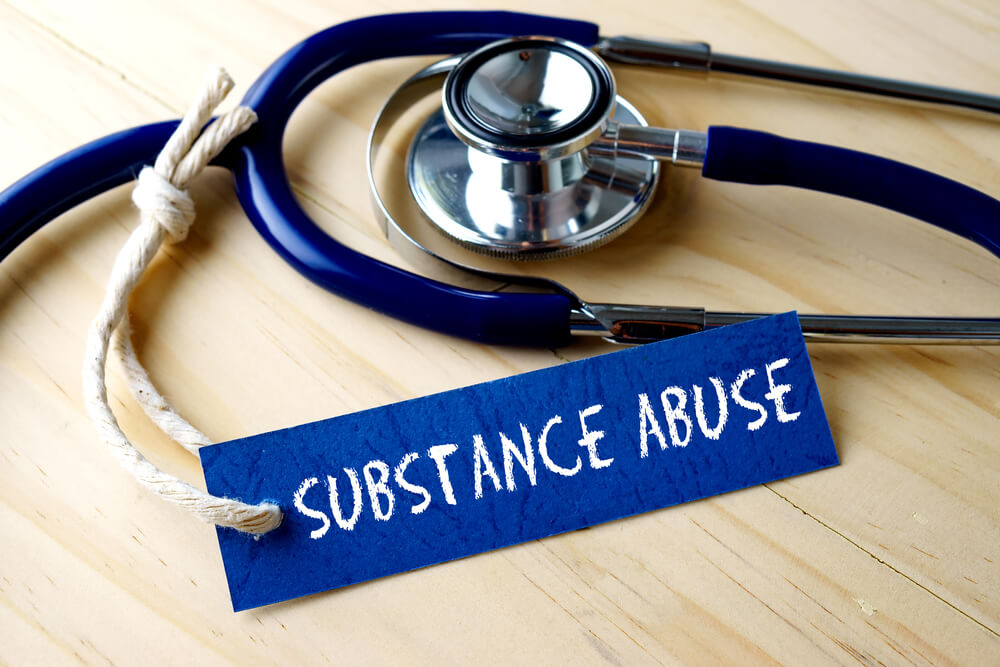Substance abuse disorder is an extremely debilitating condition that has far-reaching consequences on the life of the person suffering from it. Not only is their health put at grave risk, but also their relationships with family and friends, and even their professional careers.
If you or someone close to you is suffering from substance abuse, it is highly recommended that you seek professional help for it at the soonest possible time. The earlier you get yourself in a rehabilitation facility, such as Villa San Miguel Detox & Wellness, the better your chances are at being able to fully recover.
Here are some types of treatment for substance abuse you can look into.
Prescribed Medication
It isn’t ironic that substance abuse is being treated by another substance that can be potentially abused as well. For one, prescribed medications given under a strict treatment plan within a rehabilitation facility are heavily controlled.
There are only specific times and instances that medication will be provided to the patient. The need for it is also being constantly assessed and evaluated by the attending psychiatrist. Depending on the progress of the patient, the dosage of the medication can be decreased, if not totally removed.
Essentially, these medications are given to help mitigate the side effects of withdrawal, for example, such as anxiety, depression, and paranoia. Without these medications, the detoxification process may become even harder on the patient, thereby prolonging their progress, and hindering them from proceeding to the other parts of the treatment program.
Because these medications are given in a strictly controlled environment, they can also keep a close watch on the possible side effects on the patient, thereby ensuring their safety.
Individual Therapy
More often than not, addiction problems are deep-rooted in personal issues that may have been blocked deep in the subconscious, and so are manifesting in destructive behavior. Individual therapies can help the patient identify what these issues are, so that they may work together with their doctor in working them out.
Apart from these personal issues, individual therapy can also provide an avenue for them to identify and address possible mental health issues. It can be anything from anxiety, depression, bipolar disorder, or others, that could be making them more susceptible to addictive or destructive behavior.
Depending on the diagnosis, the patient may need supplementary treatment programs to ensure they achieve mental health wellness as well.
Group Counseling
Substance abuse disorders tend to drive people into severe isolation. Some even go to the extent of cutting off ties with family and close friends, which ultimately make it more difficult for them to be reached and helped.
In group counseling, the patients work on their social issues together, and learn how to better respond to situations, especially those that can potentially trigger their cravings for their substance of choice. It is also here that they find a support group composed of people who have gone through the same experience, thereby giving them comfort in the knowledge that they are not alone throughout the process.
Post-Treatment Counseling
Post-treatment counseling is crucial to ensure that the patient is able to apply the skills and techniques learned from the program to the outside world. Graduating from the program does not mean the journey to rehabilitation is over; it only means that they’re equipped to move onto the next stage in a real-world environment.
After all, rehabilitation and recovery from substance abuse is a life-long journey.
